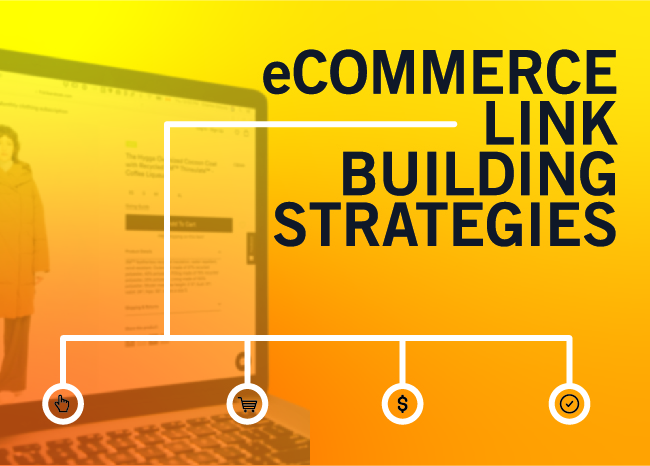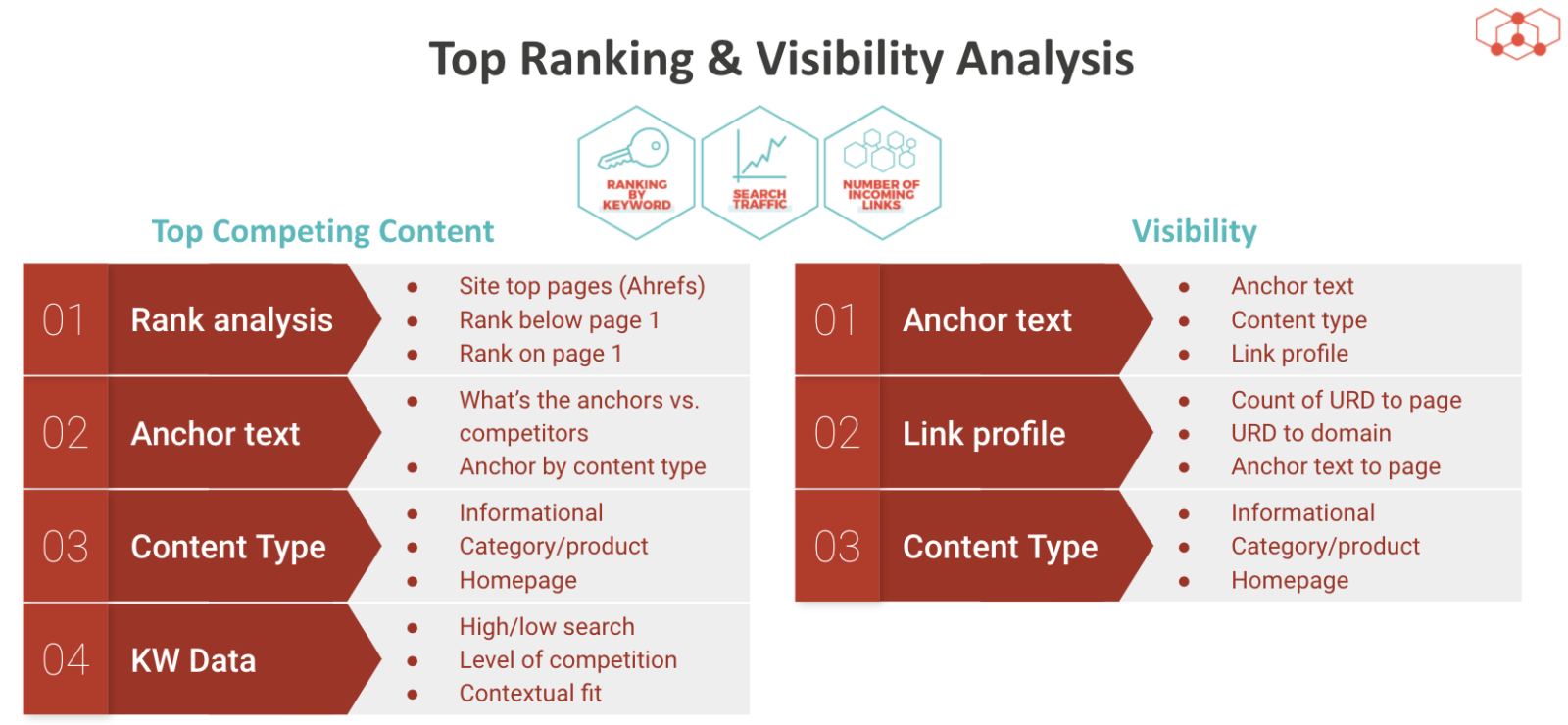Last Updated on October 28, 2021
There never has been a better time to start your online business, specially e-commerce. If you have already ventured into the domain, then you will need some quality back links.
Building links for your product, category or affiliate review pages might seem easy on paper but is a lot of effort.
How do you get started?
There are hundreds of thousands of guides on the Internet on building quality links, so we better keep it short and crisp. This is why we are going to share some tested and tried methods of prospecting and securing critical commercial page links that will play an important role in driving rankings.

Build Backlinks for Ecommerce site
Select Your Approach
Any quality link building campaign begins with identifying the approach you will use to procure links.
The easiest way to secure links is to target unlinked mentions.
The approach is simple, you search for existing articles that already mention your brand or product. Then you reach out to the publisher and request to add link to your own webpage. Such links works best for certain categories, such as:
- Company brands (i.e., B&H Photo Video, Wayfair, Everytable).
- Retail brands (i.e., Nike, Acer, Apple, Lindt).
- Executive brands (i.e., Elon Musk, Gary Vaynerchuk, Loren Baker).
- Product brands (i.e., Purple, Nectar, Bulletproof).
- Thematic.
Dig out Unlinked Mentions
Finding unlinked brand mentions is easy. You can use manual email approach to directly reach the sources. But we recommend automated tools.
With prospecting tools like Moz Fresh Web or Ahrefs Context Explorer you can easily find bulk mentions.
Also, with tools like Pitchbox and BuzzStream fully automate mention discovery.
Select Right Pages to Link
If you want to rank higher, you have to analyse top competing content and visibility to identify pages that are best suited for link building.
Analyzing top competing content and visibility will help you identify your target pages for link building.
Here’s a quick overview of the prospect areas you should analyse:

Top Ranking & Visibility Analysis
For e-commerce and affiliated websites, the most potential lies with these pages:
Homepage
Linking to the homepage is most sensible when you are:
- Targeting top-level category keywords
- Launching a new website
- Creating brand presence for your new website
- Building site-wide contextual relevance
Category/Groupings Page
You must link to category pages when:
- Targeting category-level keywords for ranking
- Targeting high-search volume keywords
- Top content is directional or transactional and did not informational
- You have short-term lead/sales focused goals
Individual Item Pages
It makes sense to link to individual product pages when:
- Targeting product-specific keywords for ranking
- Your budget is spread over high count of pages
- Targeting low-search volume keywords
- A category has multiple focus pages
- Specific product pages have top ranking content
Educational/Informational Pages
Links are built for such pages if:
- Goals are 6-12 months or longer
- Top ranking content is informational
- Such page is ranking at top for multiple keywords
- Building domain authority is the main goal
- You niche is gambling, financial, loans or same
Evaluating Prospective Sites
Your choice of potential linking partners must be based on several important elements. Some aspects of a website are more important than others.
You want to establish a footprint which is why you don’t just pick a website for getting links based on one element but multiple. Remember that there is a difference between metrics and quality when it comes to link building.
Metrics such as Domain Authority and Trust Flow serve as guiding points to further narrow down your target list. There are many 3rd party SEO tools available that can help you with this.
For evaluating the quality of a website, you have to dig a little deeper. If you choose to manually review a website for quality, focus on following elements:
Content
- Keywords: relevant keywords and not related to payday loans, gambling, porn, etc.
- Commercial links: links to many pages are properly tagged as no follow or sponsor
- Navigation: Is it way too general for a blog?
- Frequency: how activists the blog?
Admin Pages
- About us: properly written pages specific information
- Admin pages: Do they have advertising or guest posting guidelines pages?
- Contact information: relevant details like phone number, address, or email are clearly marked
Link Profile
- Excessive links: is the website clean or shares too many links?
- Low authority: look for low Domain Authority (DA) or Domain Rating (DR)
- Non-relevant links: are there irrelevant spammy links?
Authorship
- Names and bylines: not elusive “admin” author names but proper authors identity
- Author page: proper information about the author available?
- Foreign: Is the author from the country you are targeting?
Reputation
- Online Presence
- Social following
- Engagement: Are people engaging with their content?
Conclusion
In 2021, your focus must not be on just guest posting but balanced profile building. For affiliate and e-commerce websites, the requirement for quality link building is much higher. We hope our quick guide will help you get started with quality link building.
